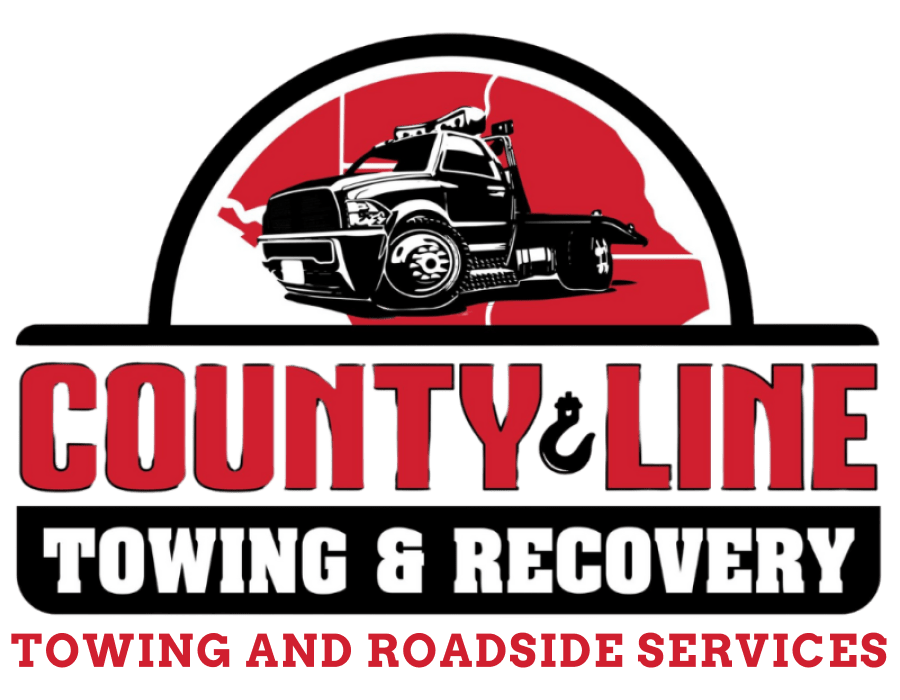Hurricane Season Vehicle Preparation: Port St. Joe Emergency Towing Tips
Hurricane season brings unique challenges to Port St. Joe residents and visitors, with severe weather events capable of creating widespread vehicle emergencies and transportation disruptions. Preparing vehicles for potential hurricane impacts while understanding emergency response capabilities helps ensure safety during severe weather events. Professional emergency towing services play crucial roles in hurricane preparation and post-storm recovery, but understanding their capabilities and limitations during extreme weather helps residents make informed decisions about vehicle safety and emergency planning.
Pre-Storm Vehicle Preparation
Successful hurricane preparation requires advance planning that addresses both vehicle readiness and emergency response scenarios. Ensuring vehicles are mechanically sound before storm systems approach helps prevent breakdowns during evacuation or emergency situations when professional assistance may be limited or unavailable.
Battery system inspection becomes especially critical before hurricane season. Ensure battery terminals are clean and connections are secure, as power outages may prevent normal charging routines for weeks after storms pass. Consider battery replacement if current batteries show signs of weakness, since reliable starting capability becomes essential when evacuation or emergency travel becomes necessary.
Fuel System Readiness
Maintaining adequate fuel supplies represents one of the most important aspects of hurricane vehicle preparation. Fuel shortages commonly occur before and after storm events as supply chains are disrupted and demand increases dramatically. Keep vehicles with at least half-full fuel tanks throughout hurricane season and plan to fill tanks completely when storms threaten the area.
Fuel quality can deteriorate during extended storage periods, particularly in coastal environments where humidity affects fuel systems. Consider fuel stabilizers for vehicles that may sit unused for extended periods and ensure fuel systems are properly maintained to prevent failures during critical travel periods.
Emergency Kit Essentials
Vehicle emergency kits tailored for hurricane scenarios should include supplies for extended periods without professional assistance. Basic tools, tire repair materials, jumper cables, and flashlights with extra batteries provide self-sufficiency capabilities when roadside assistance services may be temporarily unavailable due to safety concerns.
Emergency communication equipment becomes essential when cellular networks are overloaded or damaged during storm events. Battery-powered or hand-crank radios provide weather updates and emergency information when other communication methods fail. Emergency contact information should be stored in multiple formats, including written backup copies that don't require electronic devices.
Safe Parking and Storage
Vehicle placement during hurricane events significantly affects post-storm recovery. Avoid parking under trees, near power lines, or in low-lying areas prone to flooding. Elevated parking areas provide protection from storm surge and standing water that can cause extensive damage to vehicle electrical and mechanical systems.
For vehicles that must remain outdoors during storms, secure any loose external components and consider protective measures for windows and sensitive areas. Document vehicle condition with photographs before storms for insurance purposes and potential damage assessment needs.
Understanding Service Limitations
Emergency towing services face significant limitations during active storm conditions when wind speeds exceed safe operating thresholds. Professional operators cannot provide roadside assistance when conditions endanger technician safety, typically when sustained winds reach tropical storm force levels or higher.
Post-storm response prioritizes life-threatening emergencies and critical infrastructure restoration before addressing routine vehicle problems. Emergency services may be overwhelmed immediately after storms pass, requiring patience and alternative planning for non-emergency vehicle issues.
Flood-Related Vehicle Considerations
Flooding represents one of the most serious hurricane-related threats to vehicles, with salt water causing particularly severe damage to electrical and mechanical systems. Never attempt to drive through flooded areas, as water levels can be deceptive and vehicles can quickly become trapped in rising water conditions.
Vehicles exposed to flood water require professional assessment before operation, as hidden damage to braking systems, electrical components, and engine internals may create safety hazards. Professional towing services can safely transport flood-affected vehicles to appropriate inspection facilities without causing additional damage.
Post-Storm Recovery
Vehicle inspection after hurricane events should prioritize safety systems and essential functions before attempting normal operation. Check for obvious damage from debris, standing water, or wind-related impacts. Test critical systems including brakes, lights, and steering before extended driving.
Debris-filled roads following storms create additional hazards for vehicle operation. Sharp objects, displaced materials, and damaged road surfaces can cause tire damage or mechanical problems. Professional towing services may be needed to navigate severely damaged areas safely.
Communication During Emergencies
Establishing communication plans before storms ensure access to emergency assistance when needed. Identify multiple contact methods for towing services, including phone numbers, radio frequencies, and alternative communication methods that may function when primary systems fail.
Emergency services often prioritize calls based on life-threatening situations versus property damage or inconvenience. Understanding triage procedures helps set appropriate expectations for response times during high-demand periods following severe weather events.
Insurance and Documentation
Hurricane-related vehicle damage requires proper documentation for insurance claims and emergency assistance authorization. Maintain current insurance information in multiple locations and understand coverage limitations for weather-related incidents, flood damage, and emergency towing situations.
Professional towing services can provide detailed documentation of vehicle condition and damage for insurance purposes, but this service may not be immediately available during emergency response periods. Prepare alternative documentation methods for immediate post-storm assessment needs.
Hurricane season demands proactive preparation and realistic planning for vehicle emergencies. County Line Towing & Recovery understands the unique challenges that severe weather brings to Port St. Joe and maintains preparation protocols to resume service as quickly as safely possible after storm events. Our team is available at (850) 247-9902 to discuss hurricane preparation strategies and emergency service capabilities. While we cannot provide assistance during active severe weather conditions, we prioritize rapid response once conditions allow safe operation to help our community recover from storm impacts. Prepare your vehicles, plan for emergencies, and remember that professional assistance will be available when safety permits throughout the hurricane recovery process.
